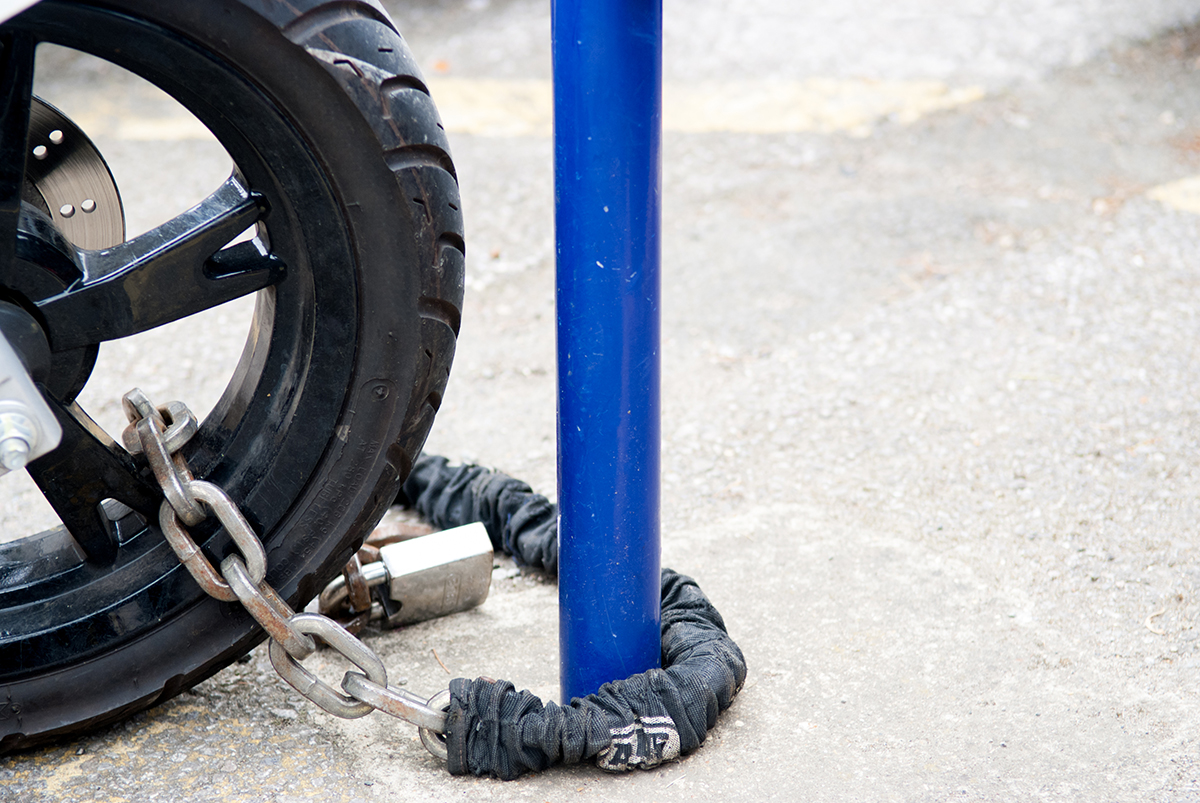After an ambulance arrives on the scene of an emergency, EMTs often have very few minutes to assess a patient, determine what happened, and enact the most appropriate life-saving intervention. If only each patient were carrying a sign with a summary of their entire medical history! This, however, would be remarkably impractical. So, a neatly designed medical alert necklace or bracelet is the next best thing.
What Is a Medical Alert Necklace Used For?
Medical jewelry (like necklaces) are small wearable pieces – usually a necklace or a bracelet – that include key information regarding a person’s health status.
The most common types of information included in medical jewelry relate to chronic medical conditions and life-threatening allergies. According to Connie Meyer, president of the National Association of Emergency Medical Technicians, healthcare workers are now trained to look for this information and act on it. For example, if they find a medical alert necklace indicating that an unconscious person is diabetic, they will check blood sugar levels and potentially turn a complete battery of tests and an overnight stay in the hospital into a quick intervention.
Who Needs a Medical Alert Necklace?
In addition to diabetics, a medical alert necklace is especially useful for those suffering from seizures, epilepsy, or heart conditions that make them likely to lose consciousness abruptly.
They are also useful for people with severe mental health problems, such as schizophrenia, or dementia-like conditions (such as Alzheimer’s). In such cases, the information provided often includes the emergency contact number of a caretaker or caseworker. Finally, people who are allergic to certain types of medication and are at risk of anaphylactic shock should also consider a medical necklace.
What Types of Medical Alert Jewelry Are There?
As they are becoming more popular, a wider array of choices are now available to tackle specific needs and styles:
Steel Dog Tags with Medical Info
These utilitarian and resilient pieces were actually the first types of medical alert necklaces available. They are widely used by military all around the world, but they are also the to-go choice for anyone who needs their basic medical info engraved without spending much time.
Fall Detection Buttons
A fall detection piece is not technically a medical alert necklace, although it can be modified a bit to meet the same function. These devices are usually given to the elderly, who are at the highest risk of falling and becoming seriously injured. They have either a movement sensor that can be automatically triggered upon falling, or a manual button that will send an aid signal if manually pressed. Most models include the Aesculapius’ sign on one side and their medical info at the back.
Pendants and Customized Jewelry
For people who are still in the workforce or are very style-conscious, rubber or steel necklaces are not usually a very viable choice. Instead, many patients are now opting for custom-made jewelry pieces engraved with medical information. These more stylish alternatives to a regular medical alert necklace are often made in gold or titanium, or carefully designed to meet a variety of personal styles.
What to Include on a Medical Alert Necklace?
As most bracelets and dog tags only include limited space, you may need to put some thought before deciding exactly what to engrave and how to write them.
There are three things that almost always need to be included: the name of the condition, the medications that you may be taking, and an emergency contact number. Abbreviations can be used if necessary, but it is always best to run them by a doctor or healthcare worker first. This will help you ensure that you are using standard, well-recognized medical abbreviations that will leave no room for confusion.
Some of the most commonly used ones include:
- Insulin dependent diabetes mellitus: IDDM
- High Blood Pressure: HBP
- Chronic Obstructive Pulmonary Disease: COPD
- Allergy: ALGY
- Non-steroidal anti-inflammatory drug allergy: ALGY:NSAID
- Penicillin allergy: ALGY:PCN
- Erythromycin Allergy: ALGY: ERY
For people with chronic illnesses, striking a balance between safety and independence can be hard sometimes. A medical alert necklace can provide quick, life-saving information to anyone who comes to your aid, while the Rescu app will ensure someone is coming – even without uttering a word.



